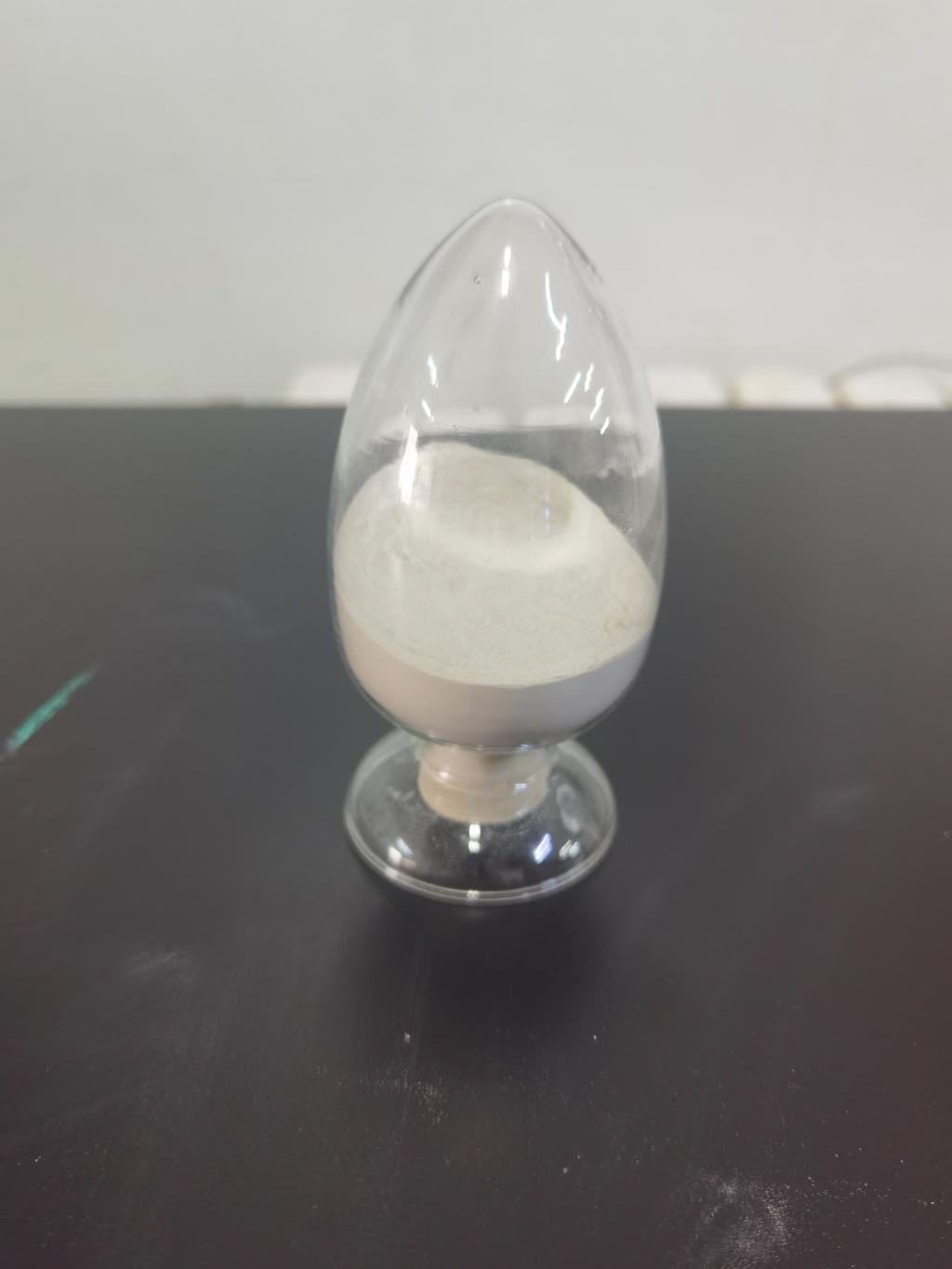Tel:+8618231198596

News
 CONTACT
CONTACT
 CONTACT
CONTACT
- Linkman:Linda Yao
- Tel: +8618231198596
- Email:linda.yao@dcpharma.cn
- Linkman:CHARLES.WANG
- Department:Overseas
- Tel: 0086 0311-85537378 0086 0311-85539701
News
Nisin's Contribution to Food Export and Import Regulations
TIME:2024-01-16
Overview of Food Export and Import Regulations:
a. Regulatory Frameworks:
Countries and regions establish regulatory frameworks to govern the import and export of food products.
Regulations address safety, labeling, packaging, and other factors to protect consumer health and ensure fair trade practices.
b. International Standards:
Organizations such as the Codex Alimentarius Commission set international food standards, providing a basis for harmonization and facilitating global trade.
The Role of Nisin in Food Preservation:
a. Nisin as a Natural Preservative:
Nisin is a natural peptide with broad-spectrum antimicrobial activity against bacteria, making it an effective preservative.
Its natural origin aligns with clean label trends and consumer preferences for minimal processing.
b. Mechanism of Action:
Nisin disrupts bacterial cell membranes, preventing the growth of spoilage and pathogenic microorganisms.
Its mechanism of action is well-studied and recognized by regulatory authorities.
Nisin's Contribution to Food Safety in Export and Import:
a. Preservation of Perishable Goods:
Nisin extends the shelf life of perishable foods, reducing the risk of spoilage during transportation and storage.
Longer shelf life enhances the feasibility of exporting and importing a wider range of food products.
b. Control of Pathogenic Bacteria:
Nisin's effectiveness against pathogenic bacteria contributes to the overall safety of food products.
Regulatory bodies often prioritize the control of pathogens in imported foods to protect public health.
Challenges in Food Export and Import Compliance:
a. Variability in Regulations:
Different countries may have varying regulations regarding food additives, preservatives, and maximum residue limits.
Navigating this variability can be challenging for exporters and importers.
b. Clean Label Preferences:
Some consumers and regulatory bodies advocate for clean label products, posing challenges for the use of traditional preservatives.
Nisin's natural origin addresses these concerns, making it a favorable choice for compliance.
c. Technical Barriers to Trade:
Meeting specific technical requirements, such as residue limits and documentation, is crucial for compliance.
Collaborative efforts between regulatory bodies and the food industry are necessary to streamline technical aspects.
Applications of Nisin in Export-Oriented Food Products:
a. Dairy Exports:
Nisin is commonly used in dairy products for export, ensuring microbial safety during transit and storage.
Compliance with dairy export regulations often requires strict adherence to quality and safety standards.
b. Meat and Seafood Exports:
Exported meat and seafood face stringent regulations due to the potential for bacterial contamination.
Nisin's role in controlling spoilage and pathogenic bacteria supports compliance with these regulations.
c. Processed Food Exports:
Nisin is applied in various processed foods, including sauces, soups, and snacks, facilitating compliance with import regulations globally.
International Harmonization Efforts:
a. Codex Alimentarius Commission:
The Codex Alimentarius provides a global reference for food standards and guidelines.
Harmonization efforts aim to align regulations, ensuring consistency and facilitating international trade.
b. Mutual Recognition Agreements:
Some countries engage in mutual recognition agreements, acknowledging the equivalence of each other's food safety systems.
These agreements streamline the export and import process for compliant products.
Nisin's Future Role in Evolving Regulations:
a. Recognition and Acceptance:
Continued research and advocacy can contribute to the recognition and acceptance of nisin as a safe and effective preservative.
Building a scientific consensus can support regulatory decisions regarding its use.
b. Collaboration with Regulatory Bodies:
Industry stakeholders and regulatory bodies should collaborate to address challenges and ensure that regulations evolve in harmony with technological advancements.
Case Studies: Successes in Nisin Application for Export Compliance:
a. European Union:
The EU has approved nisin as a food additive, recognizing its safety and efficacy.
Products containing nisin can meet EU regulatory standards for export.
b. United States:
The U.S. Food and Drug Administration (FDA) has evaluated nisin's safety and established regulations for its use.
Nisin is an approved food additive in the U.S., facilitating compliance for export-oriented products.
Challenges and Opportunities in Global Trade:
a. Non-Tariff Barriers:
Non-tariff barriers, including regulatory differences, remain a challenge in global trade.
Addressing these barriers requires diplomatic efforts and collaborative initiatives.
b. Opportunities for Innovation:
Innovation in food preservation, including the use of nisin, presents opportunities for creating products that meet both regulatory and consumer demands.
Conclusion:
Nisin's contribution to food export and import regulations is multifaceted, addressing challenges and enhancing the safety and quality of exported products. As the world becomes increasingly interconnected, the role of natural preservatives like nisin becomes pivotal in facilitating global trade. Industry collaboration, adherence to international standards, and ongoing research will continue to shape the future of nisin's role in compliance with food export and import regulations. Nisin not only contributes to the preservation of food but also acts as a bridge for harmonizing regulatory practices on a global scale, fostering a safer and more sustainable international food trade system.
- Tel:+8618231198596
- Whatsapp:18231198596
- Chat With Skype







